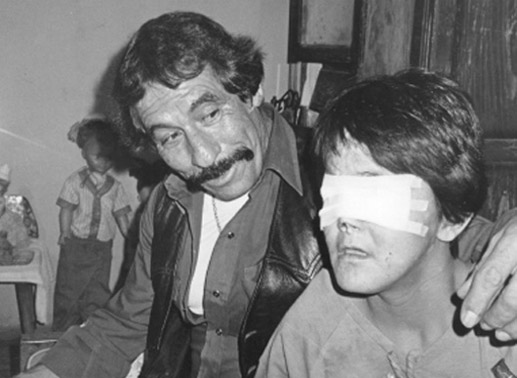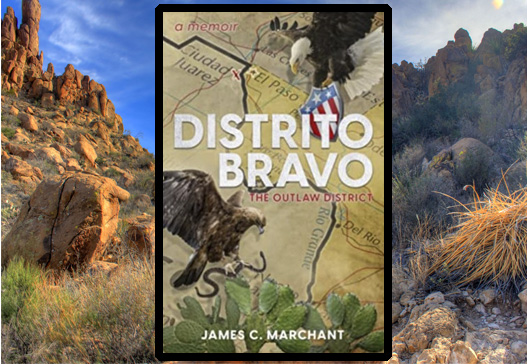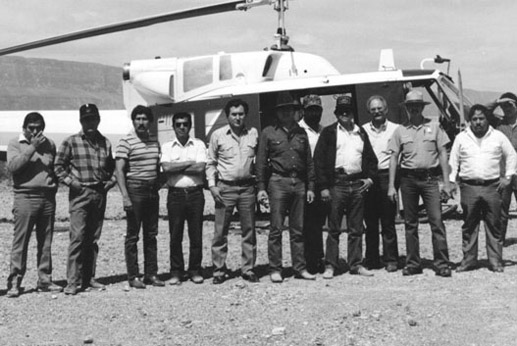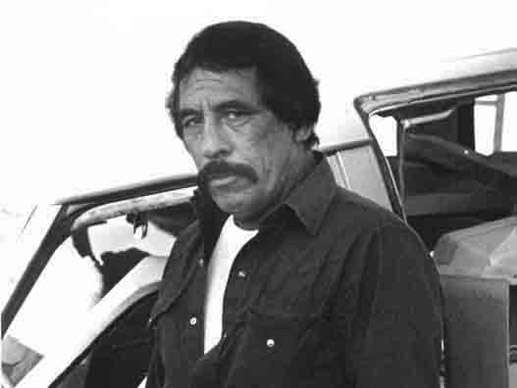
CHARLES BOWDEN, AUTHOR OF Down By the River, Juarez, the Laboratory of Our Future, and numerous other great books, has this to say about Drug Lord in his Preface to the 3rd edition:
“This book could function as an owner’s manual for the Mexican drug cartels. Here is found the first good description of the plaza, that arrangement where the Mexican government seeks a partner to supervise all criminal activity in a city. How to maintain discipline by killing everyone connected to a lost load lest a traitor survive. And also the history of the shift of power from Columbia to Mexico, when American efforts hampered the pathways in Florida and made Mexico the trampoline for cocaine shipments into the U.S. markets. I remember in the mid-nineties paying fifty bucks for a copy in a used bookstore in El Paso and being damned happy to get my hands on it.
Terence Poppa was a reporter for the El Paso Herald who in the eighties captured the rise and fall of Pablo Acosta in Ojinaga, the border town across from Presidio, Texas, and by that act wrote the history of the key moment when flights of cocaine from Columbia entered the Mexican economy. He interviewed the players, got down their life histories and made the indelible point that the people their own country wrote off as ill-educated bumpkins were creative and were turning power on in its head in the nation. Acosta’s slaughter by Mexican comandante Guillermo Calderoni with the help of the FBI ended this kind of access. Since then becoming famous and talking to the press has been seen as a fatal decision. And since then the Mexican drug industry has become a source of thirty to fifty billion dollars of foreign currency a year for the Mexican economy—second only to oil and now the oil fields of Mexico are collapsing.
His book has to be ignored by those who run countries and work for agencies. While they sketch monoliths they call cartels, Poppa actually describes in detail a world of shifting alliances, small pods of operators knitted together, and billions of dollars sloshing around in dusty towns and cities. He is the historian of the actual fabric of life as opposed to being the mouthpiece for government rhetoric.
If you wish to be as ignorant and dishonest as your public officials when they mouth the pieties of the War on Drugs, then avoid this book at all costs. But if you want to know how it works and why it works and why it will keep on working, read this book.
Besides, it is an adventure story as the working poor of Mexico claw their way to a new golden hell. Since it was published, only the names have changed. This is the story behind the lies of the headlines. The business goes on, the slaughtered dead pile up, the U.S. agencies continue to ratchet up their budgets, the prisons grow larger and all the real rules of the game are in this book, some kind of masterpiece.
And it’s a damn good read, too.
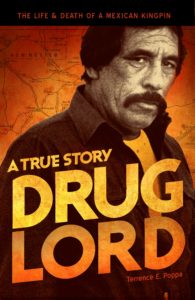
Get this classic book about Pablo Acosta from :Amazon.com
WITH THIS WEBSITE, we are offering you a preview of this world. Herein are photos taken by the author of Acosta only six months before the drug lord’s dramatic death in an adobe village at the edge of the Rio Grande. You will learn about the early career of Amado Carrillo Fuentes, Acosta’s partner in crime who later became the founder of the Juarez drug cartel and one of the most powerful drug traffickers ever to emerge in Mexico.
As an added feature, the website will also post breaking news about the border, Mexico, and the growing chaos along the U.S.-Mexico border.
Drug Lord is a must-read book for anyone concerned about Mexico’s escalating drug violence, massive human smuggling, and what it means for the United States and for all of North America.
SOME REVIEWS:
“Mr. Poppa has crafted an eerily even-handed history of Mr. Acosta’s rise and fall. The result is a believable, roach-eye view of a gloomy business that has worked as much havoc on American culture as the Vietnam War.”—The Dallas Morning News
“The author has more to offer than a sensational story of a brutal border jefe. He weaves into it a broad view of the border milieu, traces the roots of the smuggling trade, and outlines the succession of Ojinaga drug lords who preceded Acosta.”—Texas Monthly
“Mr. Poppa is a first-rate journalist who has painstakingly cross-checked the testimony of convicted dealers, drug agents, and police to document the rise and fall of one of the most notorious drug lords, Pablo Acosta.”—The Wall Street Journal.
“Poppa is a gifted storyteller who has a clear-eye for detail. He found the reality of drug smuggling along the border and tells us what he found.”—Albuquerque Journal
“Drug Lord is one of the few stories about double-dealing, murder, and endemic Mexican government corruption ever told from inside a drug ring, and is a must for anyone who wants to understand how drug rings really operate.”—Penthouse Magazine
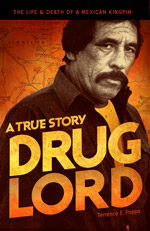
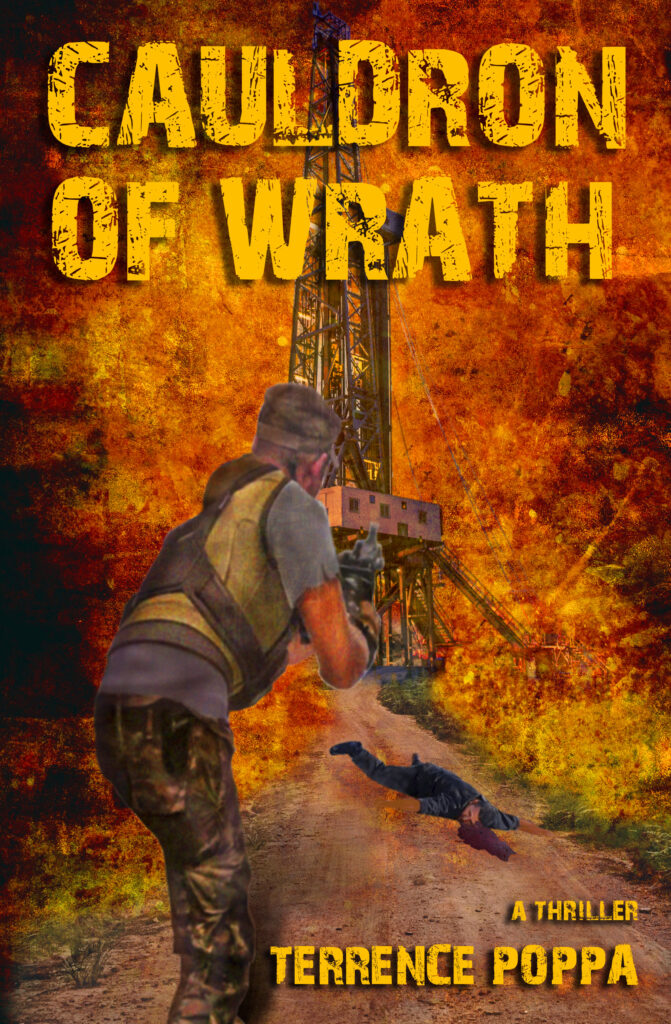


 May 17th, 2024
May 17th, 2024 

